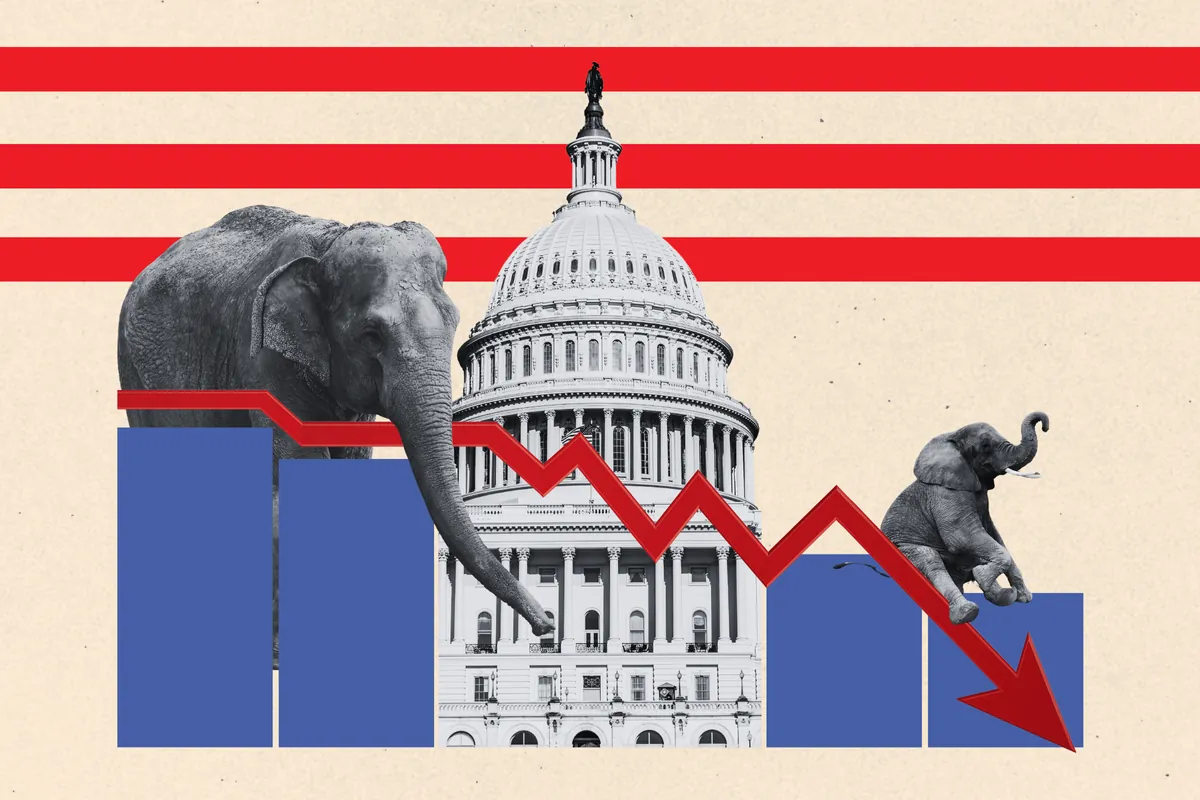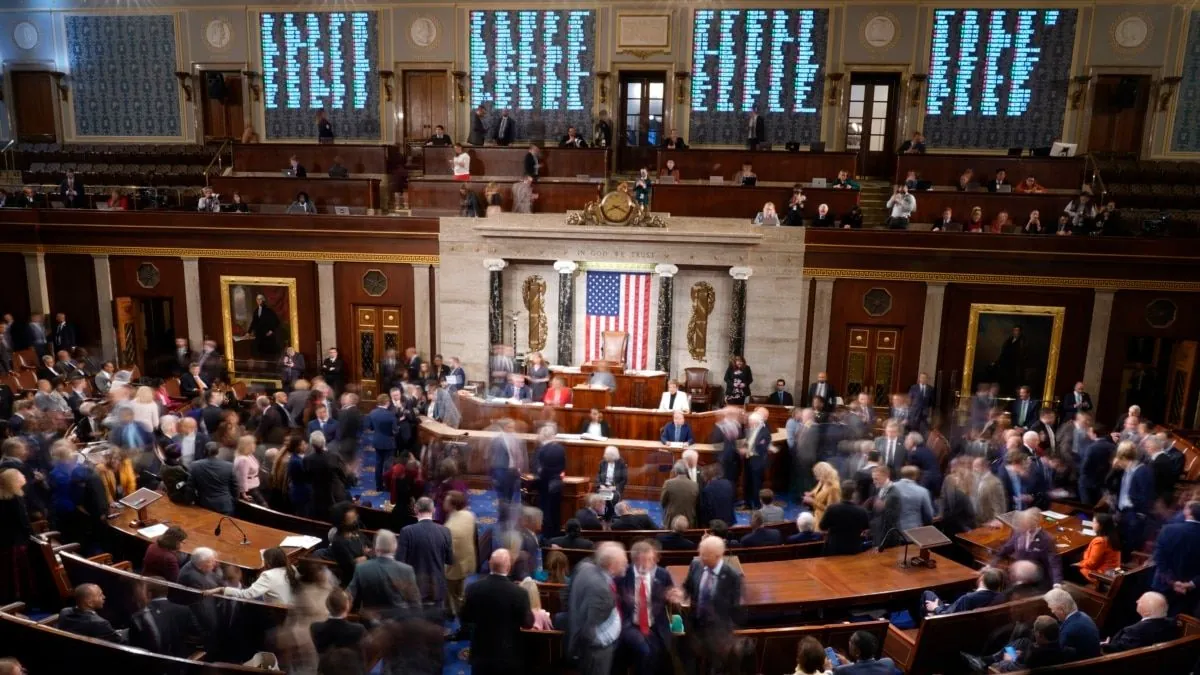GOP House Struggles with Fiscal Unity as Shutdown Looms
House Republicans face internal divisions over funding proposals, risking a government shutdown. Speaker Mike Johnson's plan meets resistance from both pragmatic and far-right factions, highlighting ongoing party tensions.

The U.S. House of Representatives, under Republican control for nearly two years, continues to grapple with fiscal challenges due to internal party divisions. With a potential government shutdown looming on October 1, 2024, House Speaker Mike Johnson faces significant hurdles in unifying his party behind a funding proposal.
Johnson's plan, which would extend government funding until March 28, 2025, has encountered opposition from both pragmatic Republicans and far-right members. This discord reflects the ongoing tensions within the party, exacerbated by a narrow majority that leaves little room for dissent.

The current situation echoes past struggles faced by Republican leadership. Just over a year ago, former Speaker Kevin McCarthy was ousted partly due to his handling of government funding issues. This historical context underscores the persistent challenges in managing the diverse factions within the Republican conference.
"Let's just be honest: Republican lack of unity has often sent us into negotiations with less leverage than we should have. That is a fact of being in a conference that values rugged individualism over collective action."
The debate over continuing resolutions (CRs) and spending cuts remains a contentious issue. While some Republicans view CRs as necessary to avoid a shutdown, others argue they contribute to the deficit. This divide reflects broader disagreements on fiscal policy and negotiation strategies.
The situation is further complicated by the need for bipartisan cooperation. With Democrats controlling the Senate and White House, any funding measure will require cross-party support. This reality has led to frustration among some Republicans who seek more aggressive tactics to achieve conservative policy goals.
Interestingly, historical data shows that even during periods of unified Republican control, such as 2017-2019, the national debt continued to rise. This fact highlights the complexity of addressing fiscal issues, regardless of party control.
As the October 1 deadline approaches, the House Republican leadership faces a critical test. The outcome of this fiscal showdown could have significant implications for the party's unity, its ability to govern effectively, and its prospects in future elections.


































